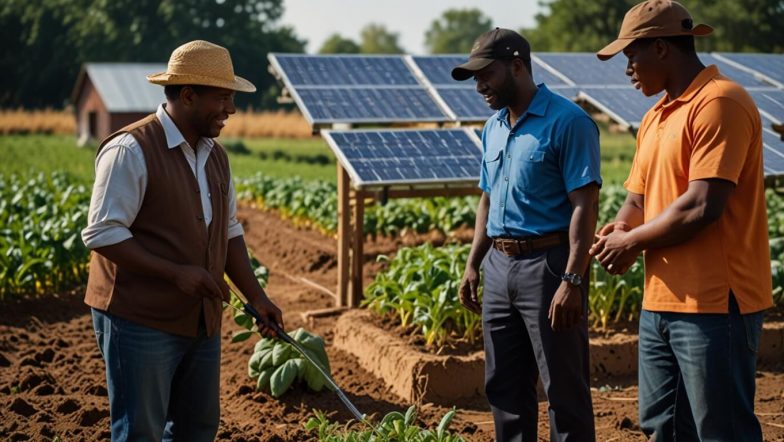Social enterprises in Nigeria are increasingly stepping up to address critical challenges like food security and public health, making a significant impact on our communities. These organizations combine business with social goals, using innovative approaches to solve problems that traditional methods have struggled to address.
One key area where social enterprises are making a difference is in improving access to nutritious food. For example, some enterprises are working with smallholder farmers to produce and distribute affordable, nutrient-rich foods. By creating products that are both healthy and affordable, these businesses are helping to reduce malnutrition, particularly in children.
Public health is another critical area. Some social enterprises focus on providing essential health services to underserved communities. Mobile clinics, for instance, bring healthcare directly to people in rural areas who might otherwise have limited access to medical services. These clinics offer everything from vaccinations to health education, helping to prevent the spread of diseases and promote healthier lifestyles.
Education is also a significant component of many social enterprises’ efforts. By raising awareness about nutrition and health, these organizations empower individuals to make better choices for themselves and their families. This educational aspect is crucial, as it ensures that the impact of these initiatives is long-lasting, rather than just a temporary fix.
Additionally, many social enterprises operate on a sustainable model, reinvesting profits back into their programs to expand their reach and impact. This approach not only helps them grow but also ensures that the benefits they provide continue to support communities in the long term.
Through innovative and sustainable practices, social enterprises in Nigeria are playing a vital role in tackling food security and public health issues, creating a healthier, more resilient society.






Leave a comment